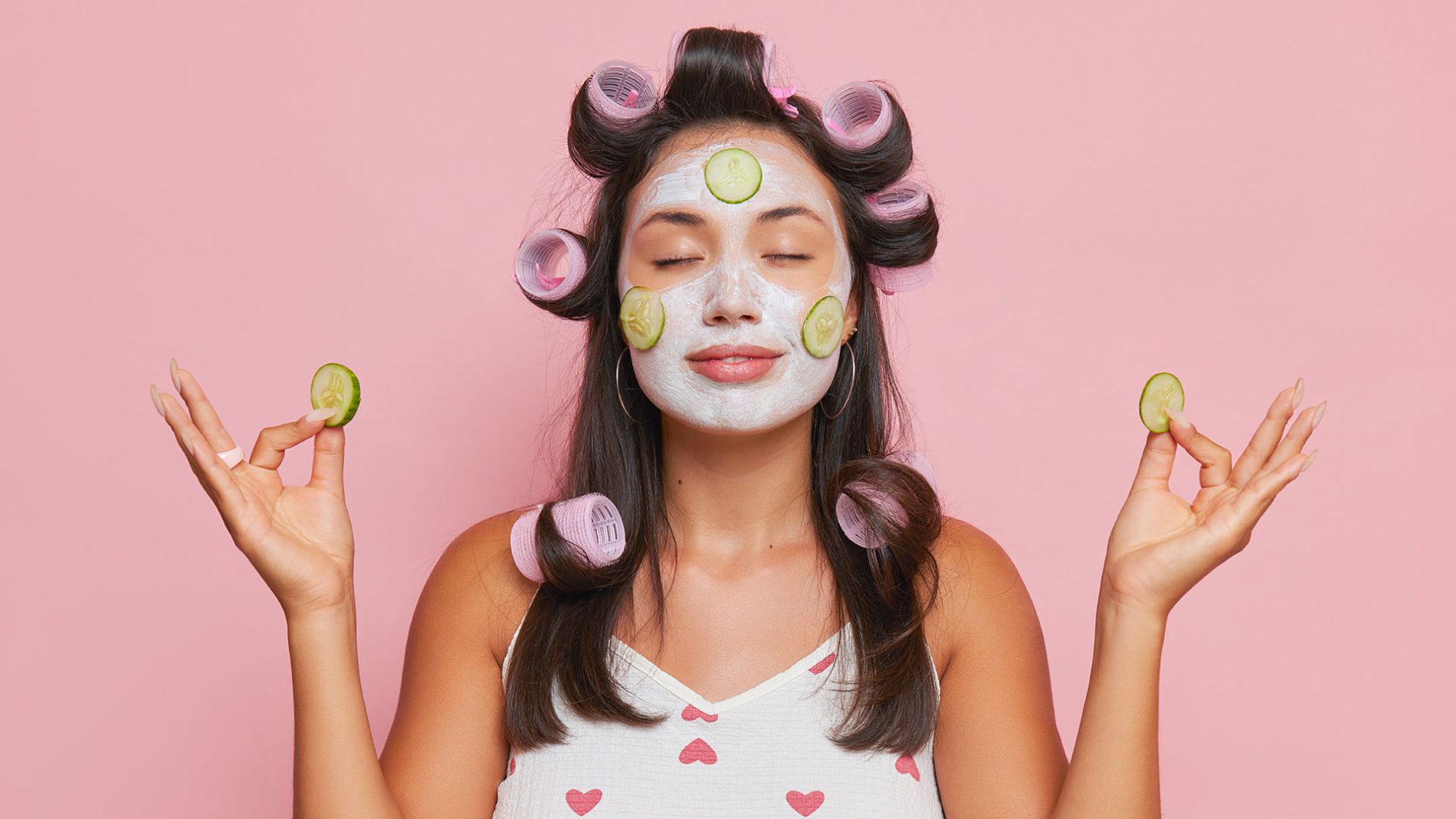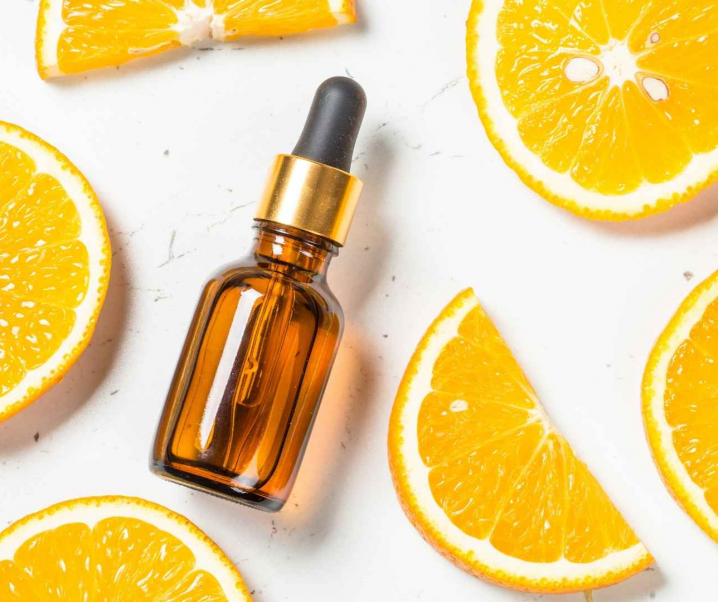Have you ever wondered what you can do with the ingredients in your kitchen besides cooking delicious meals? Well, you might be surprised to learn that some of them can also help you achieve smooth, glowing, and healthy skin.
Yes, you read that right. Some of the common kitchen ingredients can be used as natural and effective skincare products that can nourish, hydrate, exfoliate, and rejuvenate your skin.
In this blog, we will explore some of the benefits of using kitchen ingredients for skincare and share with you seven ingredients that you can try at home.
Benefits of Using Kitchen Ingredients for Skincare
There are many reasons why you might want to consider using kitchen ingredients for skincare. Here are some of the benefits:
- They are natural and organic. Unlike many commercial skincare products that contain synthetic chemicals, preservatives, fragrances, and colours, kitchen ingredients are derived from plants, fruits, vegetables, grains, and dairy products that are safe and gentle for your skin. They are also free from animal testing and cruelty.
- They are affordable and accessible. You don’t need to spend a fortune on expensive skincare products when you can use what you already have in your pantry or fridge. Kitchen ingredients are easy to find and purchase at your local grocery store or market. You can also mix and match them according to your skin type and needs.
- They are effective and versatile. Kitchen ingredients can provide various benefits for your skin, such as moisturising, cleansing, toning, brightening, soothing, anti-ageing, anti-inflammatory, and anti-bacterial. You can use them as masks, scrubs, cleansers, toners, moisturisers, or serums. You can also customise them by adding other ingredients such as honey, lemon juice, yoghurt, or essential oils.
7 Kitchen Ingredients You Must Try
Now that you know the benefits of using kitchen ingredients for skincare, let’s take a look at some of the ingredients that you can try at home. Here are seven of them:
#1 Oatmeal
Oatmeal is a great ingredient for exfoliating and soothing your skin. It can help remove dead skin cells, unclog pores, reduce inflammation, and calm irritation.
To use oatmeal as a scrub, mix it with some water or milk and gently massage it on your face in circular motions. Rinse off with warm water and pat dry. You can also use oatmeal as a mask by mixing it with some honey and applying it on your face for 15 minutes. Rinse off with warm water and pat dry.
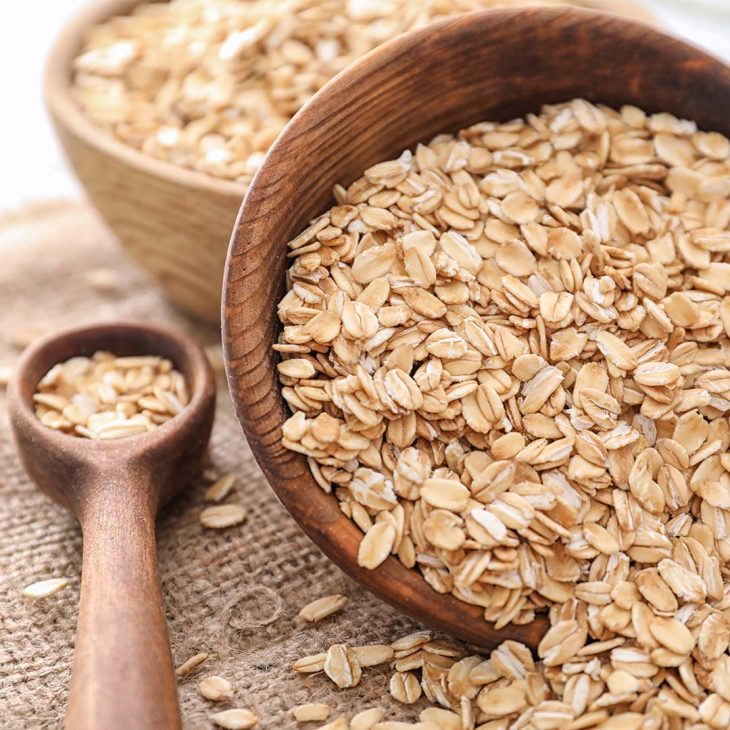
#2 Honey
Honey is a natural humectant that can hydrate and nourish your skin. It can also help heal wounds, fight acne, prevent infections, and reduce scars.
To use honey as a cleanser, apply it on your face and massage it gently. Rinse off with warm water and pat dry. You can use honey as a mask by applying it on your face and leaving it on for 15 minutes. Rinse off with warm water and pat dry.
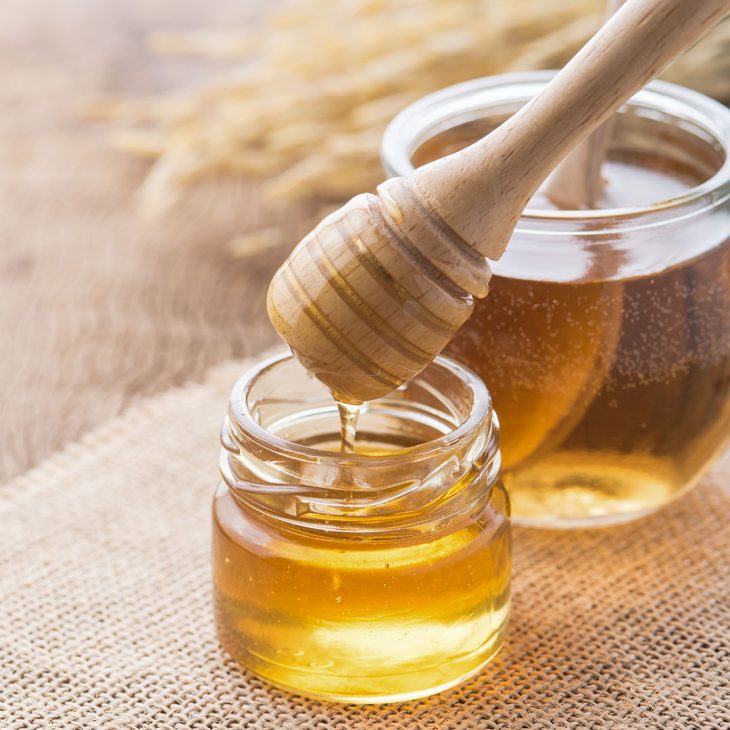
#3 Yoghurt
Yoghurt is a rich source of probiotics, calcium, protein, and lactic acid that can benefit your skin in many ways. It can help balance the pH level of your skin, improve its texture and elasticity, reduce wrinkles and fine lines, lighten dark spots and blemishes, and soothe sunburns.
To use yoghurt as a cleanser, apply it on your face and massage it gently. Rinse off with warm water and pat dry. If you would like to use yoghurt as a mask, you can mix it with some turmeric or lemon juice and apply it on your face for 15 minutes. Rinse off with warm water and pat dry.
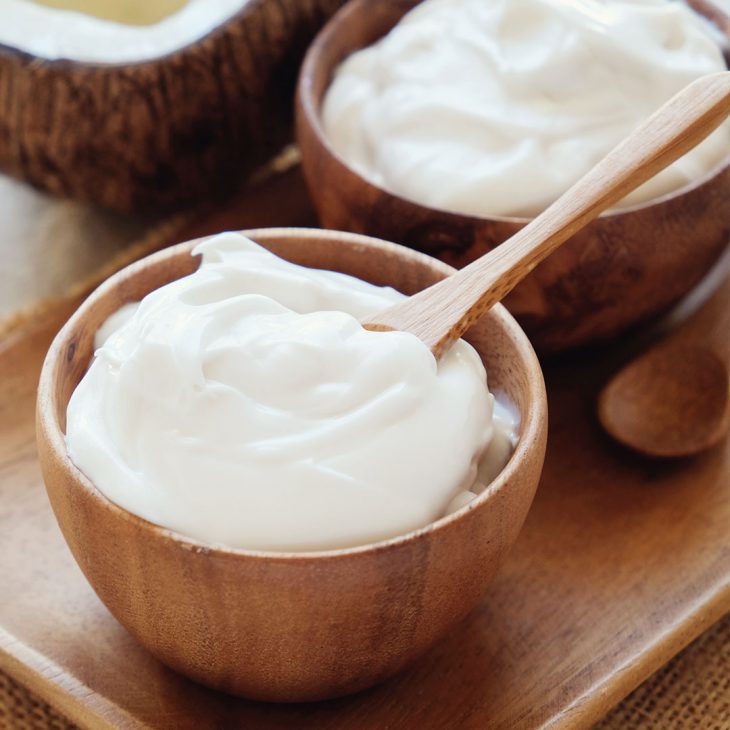
#4 Cucumber
Cucumber is a refreshing and hydrating ingredient that can cool down and rejuvenate your skin. It can help reduce puffiness, dark circles, redness, and inflammation. It also tightens pores, improves complexion, and prevents acne.
You can use cucumber as a toner by slicing it thinly and placing it on your face for 10 minutes. Remove the slices and gently pat your skin dry. To use cucumber as a mask, blend it with some aloe vera gel and apply it on your face for 15 minutes. Rinse off with cold water and pat dry.
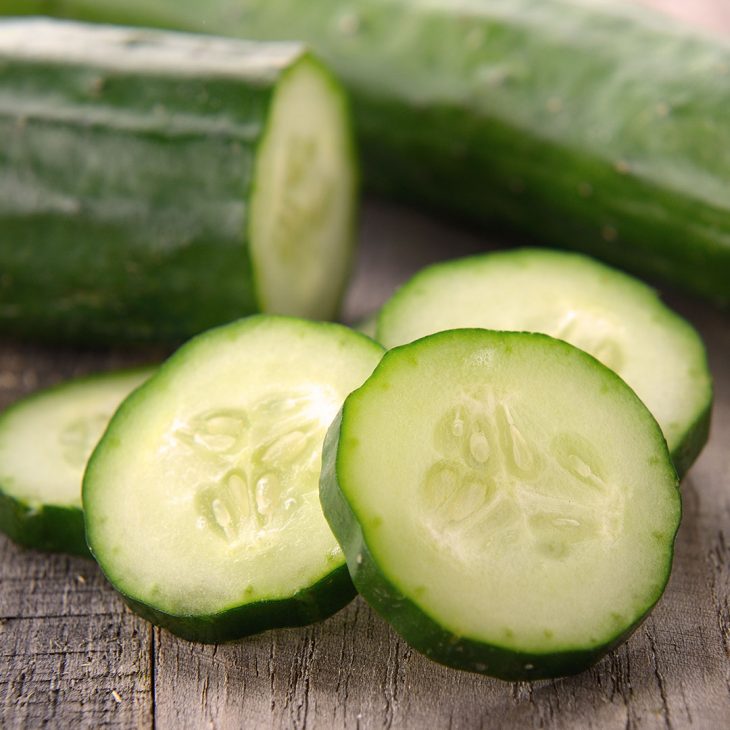
#5 Coconut Oil
Coconut oil is a versatile and nourishing ingredient that can moisturise and protect your skin. It can help repair damaged skin, prevent moisture loss, fight free radicals, and promote collagen production. It can also cleanse, tone, and remove makeup from your skin.
To use coconut oil as a moisturiser, apply a small amount on your face and massage it gently. Leave it on overnight or wipe off the excess with a tissue. You can use coconut oil as a makeup remover as well, by applying a small amount on a cotton pad and gently wiping off your makeup.
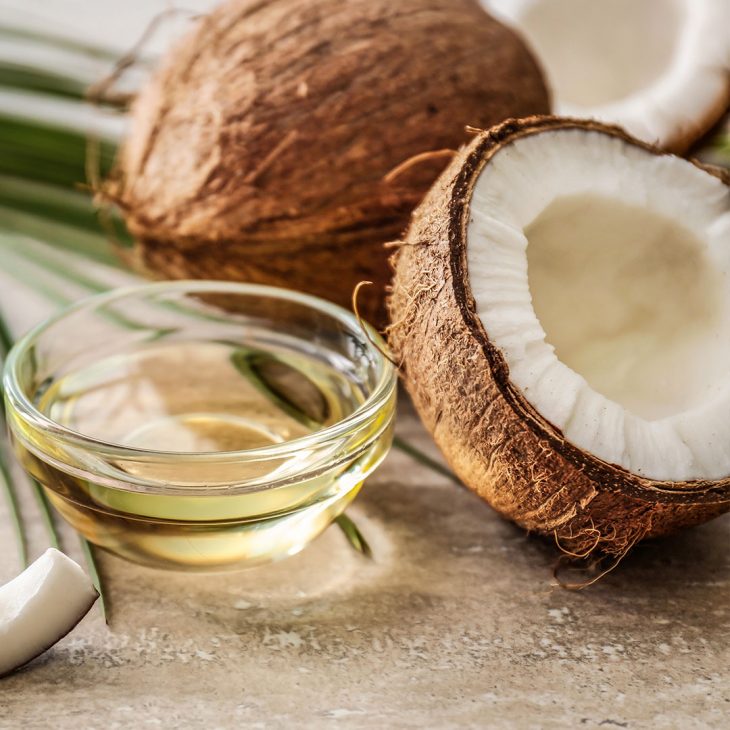
#6 Turmeric
Turmeric is a powerful spice that can enhance your skin’s health and beauty. It can help reduce inflammation, acne, pigmentation, and signs of ageing. It can also brighten, detoxify, and heal your skin.
To use turmeric as a mask, mix it with some honey and apply it on your face for 10 minutes. Rinse off with warm water and pat dry.
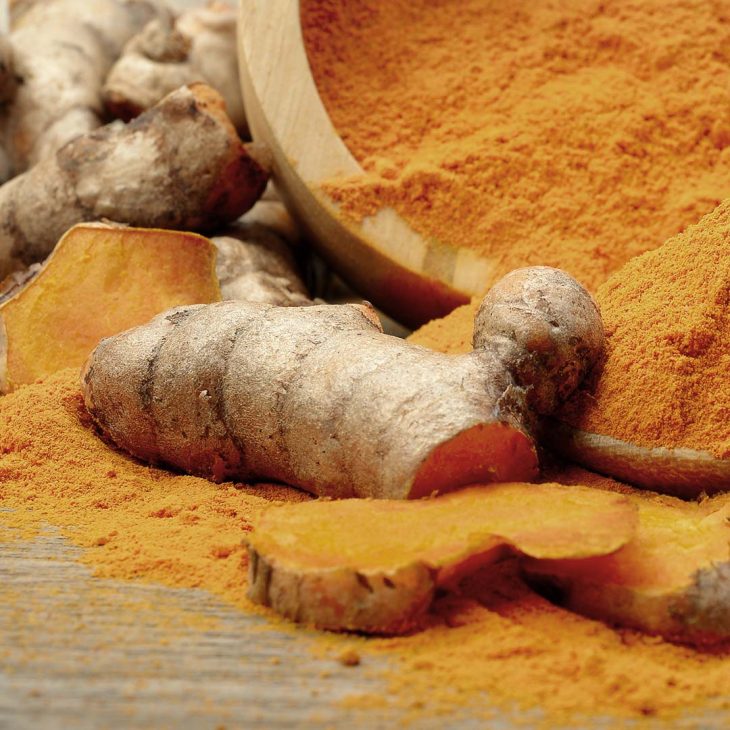
#7 Lemon
Lemon is a natural source of vitamin C that can boost your skin’s radiance and immunity. It can help exfoliate, bleach, and tone your skin. It can also help fade scars, discolouration, and sun damage.
To use lemon as a scrub, mix it with some sugar and gently scrub your face in circular motions. Rinse off with warm water and pat dry. If you want to use lemon for a mask, mix it with some honey and apply it for 10 minutes. Pat dry after rinsing with warm water.
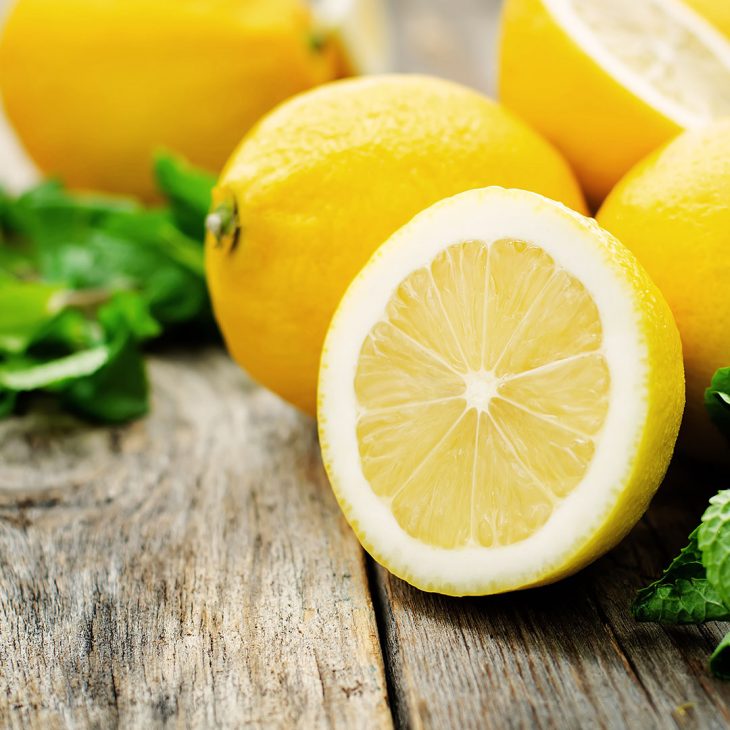
Conclusion
Using kitchen ingredients for skin care is a simple and effective way to pamper your skin without spending too much money or time. You can experiment with different combinations and find out what works best for you. However, before you try any of these ingredients, make sure you do a patch test on your arm to check for any allergic reactions or sensitivities. And remember to always wear sunscreen after using any acidic or exfoliating ingredients to protect your skin from sun damage.
FAQs
Q1. What are some of the most popular kitchen ingredients for skin care?
A: Some of the most popular kitchen ingredients for skin care include honey, lemon, yoghurt, oatmeal, turmeric, and cucumber.
Q2. How do you choose kitchen ingredients for your skincare routine?
A: When choosing kitchen ingredients for your skincare routine, it is important to consider your skin type and any specific skin concerns you may have. For example, if you have dry skin, you may want to use ingredients that are hydrating, such as honey or yoghurt. If you have acne-prone skin, you may want to use ingredients that are antibacterial, such as lemon or turmeric.
Q3. How often should you use kitchen ingredients for skin care?
A: The frequency of use will depend on the specific ingredient and your skin type. Some ingredients, such as honey and yoghurt, can be used daily. Others, such as lemon juice and turmeric, should be used less often.
Q4. What are the risks of using kitchen ingredients for skin care?
A: The risks of using kitchen ingredients for skin care are generally low. However, it is important to do a patch test before using any new ingredient on your skin. This will help to prevent any allergic reactions.

